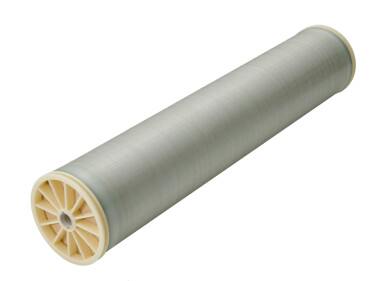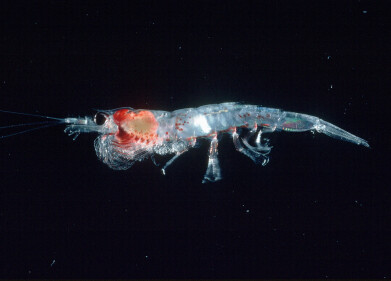Water/Wastewater
Are We Getting Used to Noise Pollution?
Oct 13 2016
Noise pollution is a problem that’s often swept under the carpet. It’s widely reported that polluted air and water can directly affect our health – quite rightly too – and this might be the reason they get much more attention than noise pollution. But is it just that – or are we actually becoming less aware of deafening noise?
A slippery slope
Something that is central to all kinds of ecological matters is the notion of the shifting baseline. A baseline is essentially a reference point that you use as a marker when you view a situation as a whole. When this shifts, it changes the way you see the situation. And in the case of noise pollution, it’s thought we have the problem of a sliding baseline.
Our baseline in this case could be the sound of a car. This was considered as noise pollution, but as time has gone on this has shifted and is now just a noise we accept. We’re becoming more and more polluted with noise, and rather than dealing with the issue, the baseline is simply sliding further and further, according to anti-noise organisations.
So it’s still a problem?
Noise pollution certainly is a problem. The World Health Organisation estimates that 40% of Europeans are exposed to serious noise pollution – over 55 decibels in the night. They have put it second after air pollution on a list of problems that affect our life. And it’s not really any shock when you consider that – like air and water pollution – it can affect people’s health.
As well as the understandable risk of tinnitus from constant exposure to noise pollution, it has been linked to diabetes and even heart disease. Add to that the negative effect on animals’ natural habitat and you have a pretty serious problem for the environment and society.
Despite the alleged sliding baseline, there are some efforts to reduce noise. The Quiet Mark is an “international mark of approval” for products that make less noise than ‘the norm’. This could be anything from an “acoustic door” which shuts quietly to the two Lexus car models that have been given the award.
Loud sounds as progress?
One point that is often raised with noise pollution is that an aversion to it can actually halt progress in other areas. Complaints about the noise pollution from wind energy are particularly notorious. Loud sounds were also found to stop algae bloom back in the 19th century. But since then, technology has developed, allowing scientists to use ultrasound to disable different types of algae and bacteria. This method, discussed in ‘Ultrasonic Algae Control Without Chemicals’, has several benefits for wastewater treatment.
Events
Carrefour des Gestions Locales de L'eau
Jan 22 2025 Rennes, France
Jan 29 2025 Tokyo, Japan
Feb 05 2025 Nantes, France
Feb 16 2025 Kampala, Uganda
Feb 26 2025 Chennai, India




-as-feedstock.jpg)





